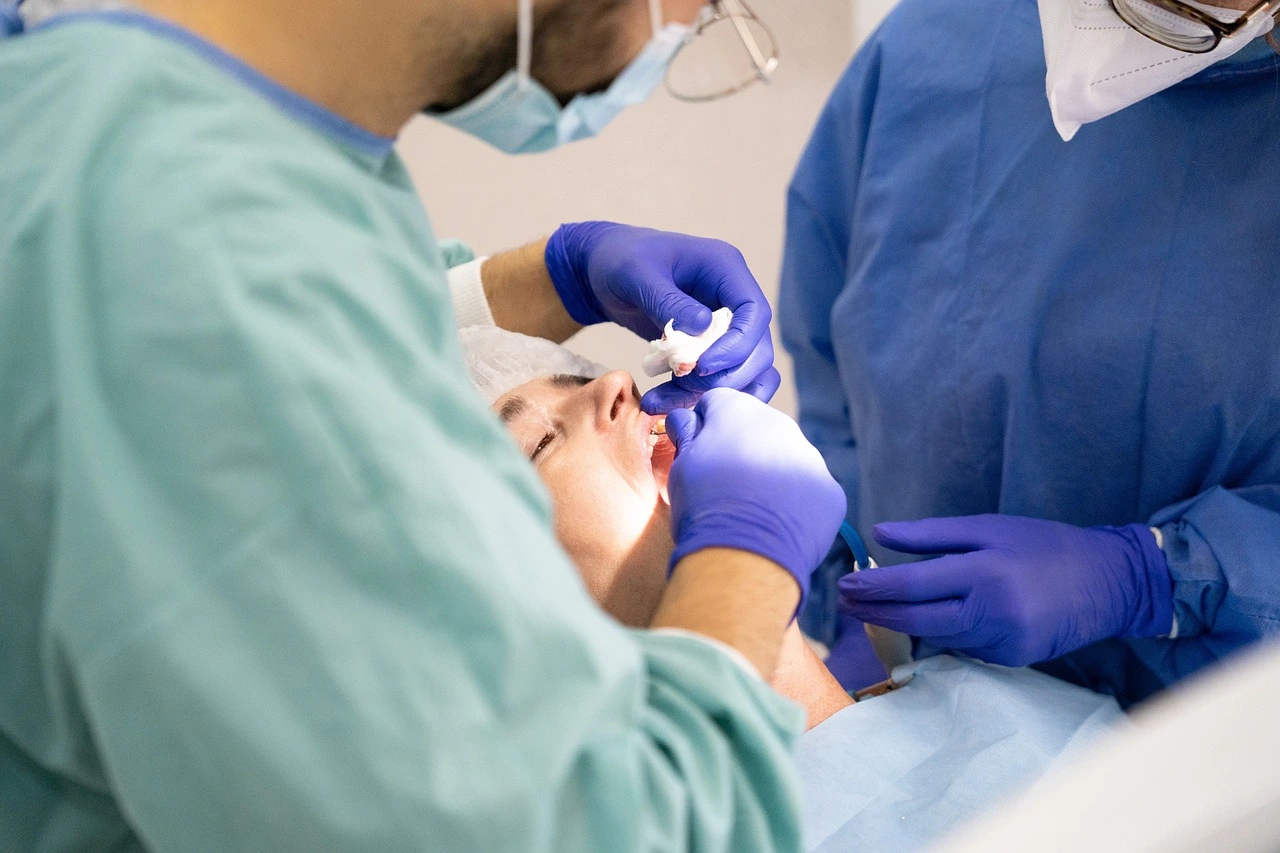9 Government Grants for Dental Implants
Introduction
Dental health is an essential aspect of overall well-being, and dental implants have revolutionized the way we address missing teeth. However, the cost of dental implants can be prohibitive for many individuals, preventing them from accessing this life-changing treatment. Fortunately, various government grants are available to help individuals obtain dental implants and restore their smiles. In this comprehensive guide, we will explore nine government grants that can provide financial assistance for dental implants, making these transformative procedures more accessible to those in need.
1. Understanding Dental Implants
Before delving into government grants, let’s take a moment to understand what dental implants are and why they are vital for dental health. Dental implants are titanium-based prosthetic tooth roots that are surgically inserted into the jawbone to support dental bridges or replacement teeth. They provide a strong foundation for fixed or removable teeth and are an effective solution for people with missing teeth, damaged teeth, or chronic dental issues.
2. The Importance of Dental Health
Dental health is not just about having a beautiful smile; it also impacts overall health. Poor oral health can lead to various health problems, including gum disease, infections, and even heart disease. Dental implants can significantly improve the quality of life for individuals, enhancing their ability to eat, speak, and smile with confidence.
3. Medicaid
Medicaid is a federal program that offers low-income people and families access to healthcare. While dental coverage under Medicaid varies from state to state, some states offer coverage for dental implants if they are deemed medically necessary. Eligibility requirements differ based on income and other factors, so it’s essential to check with your state’s Medicaid program to determine if you qualify for dental implant coverage.
4. Children’s Health Insurance Program (CHIP)
CHIP is a federal program that provides health coverage to children in low-income families. While dental coverage under CHIP also varies by state, some states include coverage for dental implants for children if they are medically necessary due to congenital issues or accidents. Parents should inquire with their state’s CHIP program to understand the dental services covered.
5. Indian Health Service (IHS)
The Indian Health Service is a federal agency that provides healthcare services to Native American and Alaska Native communities. Dental services, including dental implants, are often available through IHS facilities for eligible individuals. If you are a member of a federally recognized tribe or are eligible for IHS services, you may qualify for assistance with dental implants.
6. State-Specific Assistance Programs
Many states offer their own dental assistance programs that cater to residents who need dental implants but lack the financial means. These programs may have varying eligibility criteria, income limits, and coverage options. Research and inquire about dental grant programs in your state to explore the possibilities of obtaining financial aid for dental implants.
7. Nonprofit Organizations
Several nonprofit organizations are dedicated to improving dental health and providing assistance to individuals in need of dental implants. These organizations often collaborate with dentists and dental clinics to offer discounted or free dental services, including dental implants, to those who qualify. Some well-known organizations include the Dental Lifeline Network and the Oral Aesthetic Advocacy Group.
8. Veterans Affairs (VA) Benefits
For veterans who have served their country, the Department of Veterans Affairs offers a range of healthcare benefits, including dental services. Eligible veterans may receive dental implant treatment through VA facilities, providing them with an opportunity to restore their oral health and overall well-being.
9. State Dental Schools
Many state dental schools offer reduced-cost or low-cost dental services to the public as part of their training programs. Patients seeking dental implants can often find more affordable options at these schools, where the procedures are supervised by experienced dental professionals.
Conclusion
Dental implants can be a life-changing solution for individuals suffering from missing teeth or dental issues. However, the cost can be a significant barrier for many people. Thankfully, various government grants and assistance programs exist to help individuals access dental implants and improve their dental health.
From Medicaid and CHIP to nonprofit organizations and state dental schools, these grants provide hope and relief for those in need. It’s essential to research and understand the eligibility criteria and coverage options for each program to determine the best fit for your situation.
Remember, oral health is crucial for overall well-being, and dental implants can significantly enhance one’s quality of life. By exploring these government grants and other assistance programs, individuals can take the first step towards restoring their smiles and regaining their confidence.
